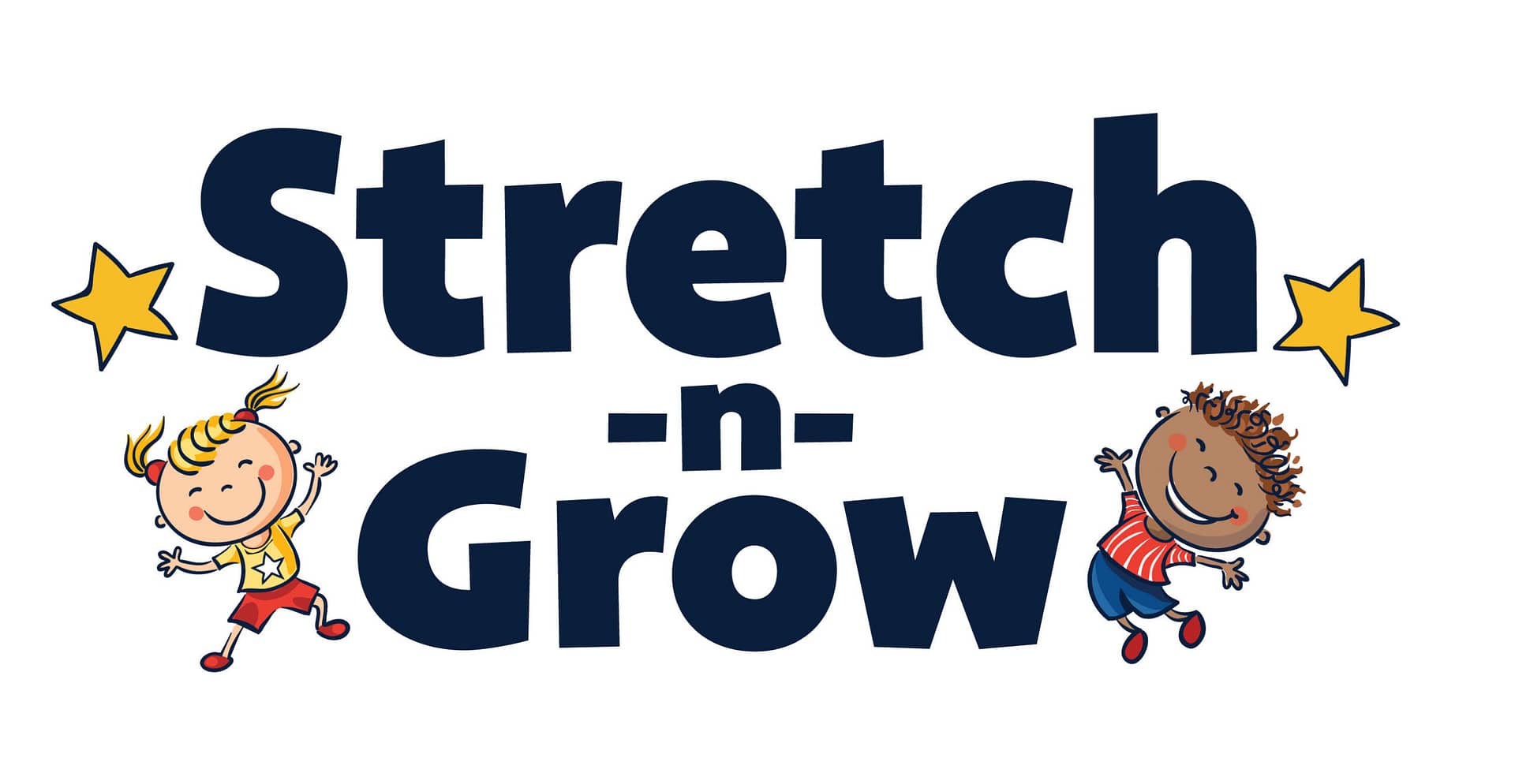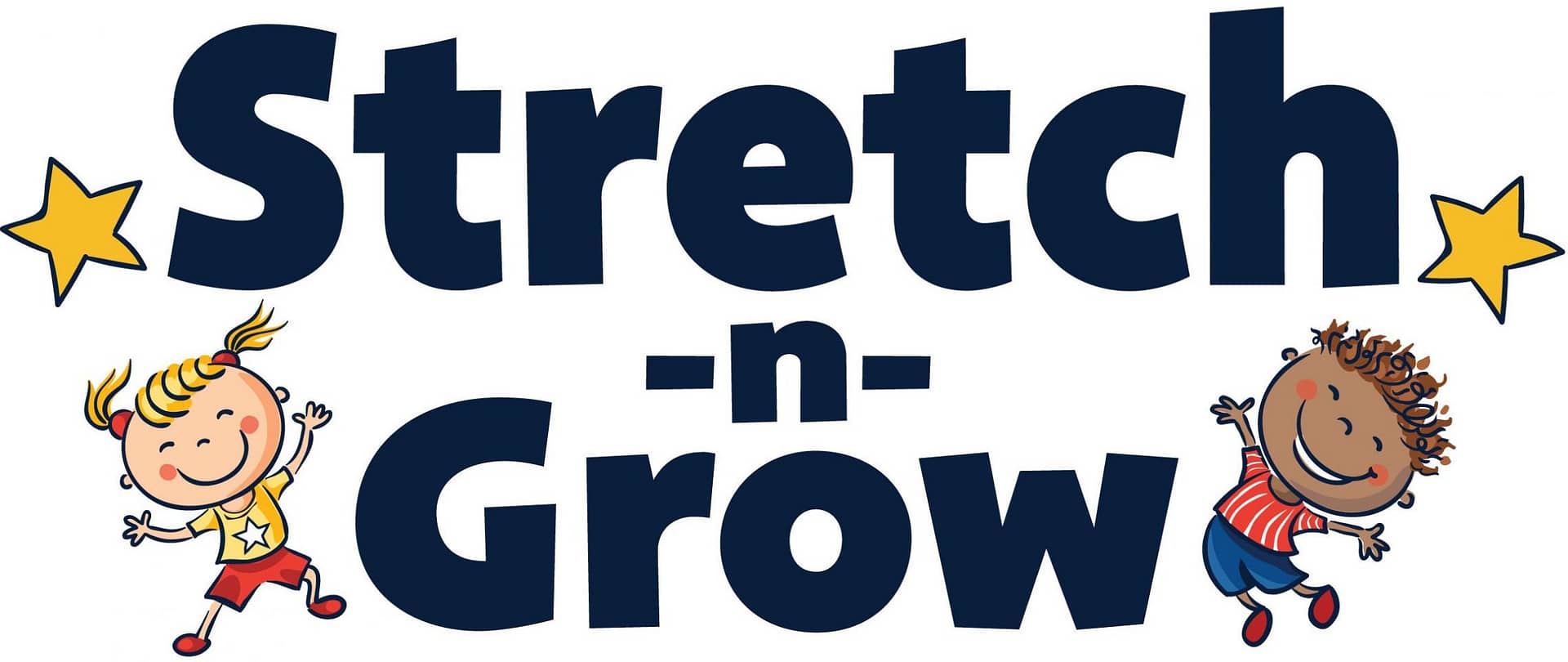The pandemic has significantly impacted children, but parents can play a vital role in supporting their well-being. Creating time and space for play and interaction has never been more essential.
In our classes, children engage in frequent social interactions that build a strong foundation for positive mental health and overall well-being. Encouraging moments of silliness and imaginative play allows them to express themselves freely. We emphasize positive messaging about staying healthy, exercising, and practicing good hygiene, ensuring these integral elements become lifelong habits.
The pandemic has had a profound impact on children’s well-being, affecting their mental health, education, social development, and physical activity levels. The disruption caused by lockdowns, school closures, and social isolation has left lasting effects on many young people.
1. Mental Health Challenges
- Anxiety and depression rates among children increased significantly due to uncertainty, isolation, and disrupted routines.
- Many children experienced heightened stress from concerns about family health, financial struggles, and the loss of normal social interactions.
- Limited access to mental health support during lockdowns made it harder for children to cope with emotional difficulties.
2. Educational Disruptions
- School closures led to learning gaps, particularly for children from disadvantaged backgrounds who had limited access to online education.
- Remote learning reduced engagement, with many children struggling to focus without structured classroom environments.
- Some children fell behind academically, affecting their confidence and future opportunities.
3. Social & Emotional Development
- Reduced interaction with peers impacted social skills, making it harder for children to build friendships and develop communication abilities.
- Many children felt isolated, missing out on key experiences like group activities, sports, and celebrations.
- The loss of routine and structure affected emotional regulation, leading to increased frustration and behavioral challenges.
4. Physical Health & Activity Decline
- Lockdowns limited outdoor play and exercise, contributing to a rise in childhood obesity.
- Many children spent more time on screens, reducing physical activity and increasing sedentary behaviors.
- The closure of sports clubs and playgrounds restricted opportunities for movement, affecting motor skill development.
5. Long-Term Effects & Recovery
- While many children have shown resilience, some continue to struggle with the aftereffects of the pandemic.
- Schools and communities are working to rebuild support systems, focusing on mental health, education recovery, and social reintegration.
- Encouraging structured physical activity, peer interaction, and emotional support is crucial in helping children regain confidence and stability.
More Information
Would you like insights on how to support children in overcoming these challenges through fitness and structured programmes Contact us Read More





